How An RFID Printer Can Benefit Your Business
An RFID printer can create RFID smart labels that can be utilised in an array of industries, including manufacturing, retail, transportation and healthcare.
Barcoding is a relatively mature technology that is less advanced than RFID-based systems. Barcode scanning requires line-of-sight access to each barcode and can only be used to scan one item at a time. Whereas RFID avoids these limitations using radio frequency technology to read RFID tags. These can be read simultaneously from a distance of between 6 to 15 feet, and more advanced technology can cover distances of 30 to 50 feet or more.
We offer three main types of RFID printers here at Labelman, these include; Industrial, mobile and desktop. The Zebra ZT420 RFID Industrial Printer is loaded with advanced features and super robust, perfect for manufacturing, transportation and logistics, health care and retail applications. For on the go labels the Zebra ZQ520 RFID Mobile Printer is super durable, reliable with Print Touch™ device pairing, suitable for a range of applications in manufacturing, retail, transportation and logistics and healthcare.
What are the main benefits of an RFID printer?
RFID labels streamline the data capture process, requiring less monitoring than barcodes, and eliminating the possibility of human error. The device will automatically read and recognise the labels, even ones that are hard to reach. RFID technology allows employees to swiftly to track and locate assets automatically.
Can RFID labels save my business money?
RFID labels are far more accurate, reducing time to conduct audits and maintain inventory. Faster scanning leads to increased productivity. The adaptive encoding technology will help prevent losses due to supply chain inefficiencies. Labels can also be scanned by machines, eliminating the need for human intervention.
Can they be used in a wide variety of industries?
Labels can be utilised in a wide range of industries. Manufacturing companies often use RFID labels for packaging, item-level tagging, and asset tagging. We are seeing more retailers switching to RFID labels for security tagging and back-of-store operations. It’s particularly beneficial for the healthcare industry, especially when it comes to specimen labelling and asset management. Transportation can use RFID for compliance labelling, shipping/receiving, order picking/packing and more.
There are many benefits to RFID technology that companies can’t afford to ignore. But traditional barcoding is still going strong thanks to its simplicity and ease, therefore it’s important to weigh up the pros and cons before deciding on the right solution for your business.

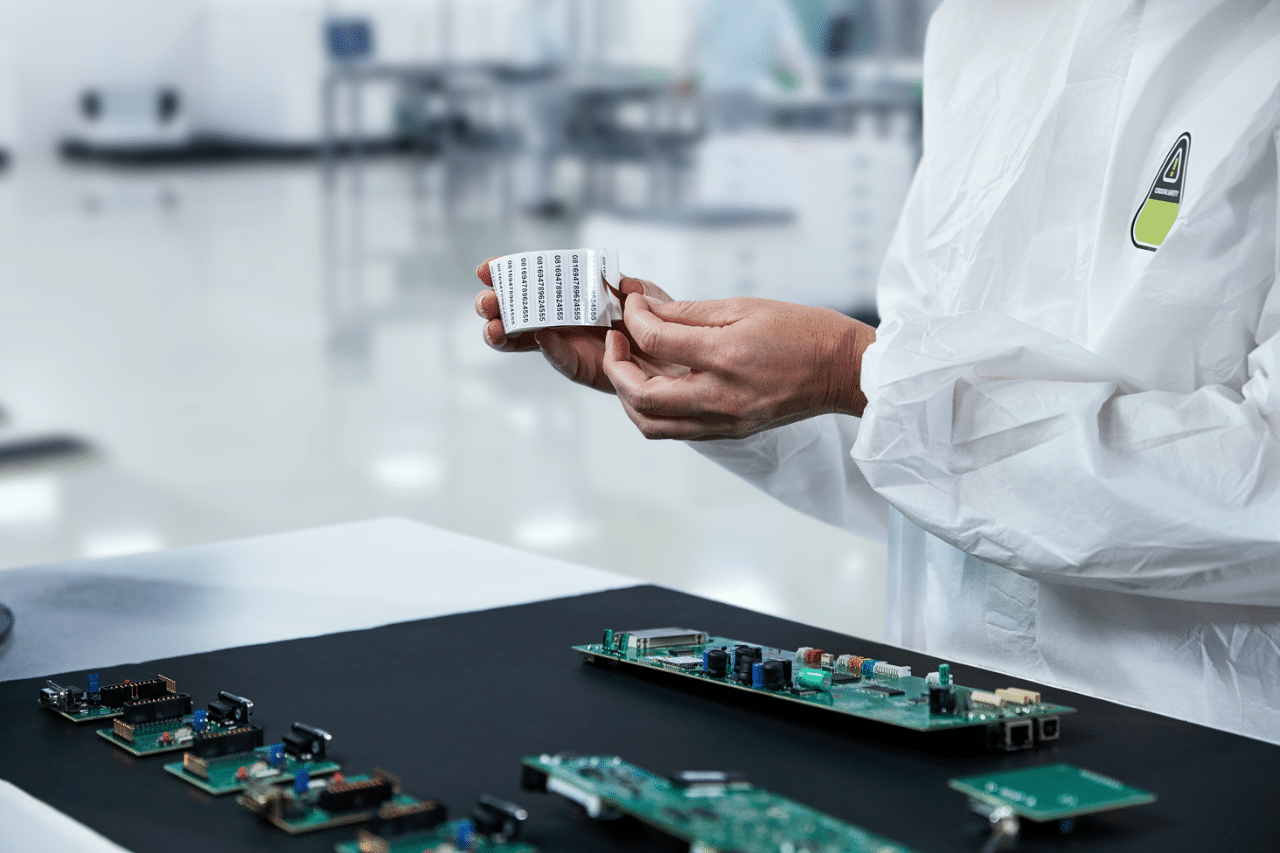
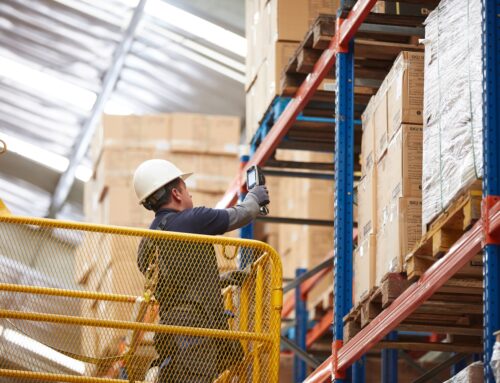
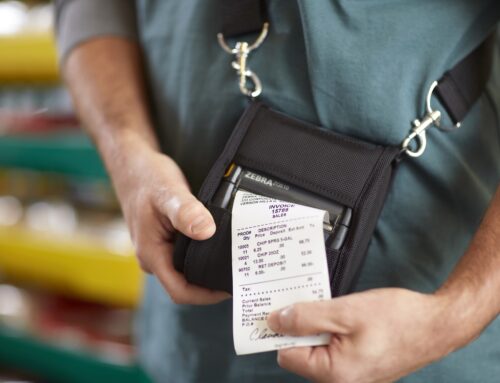
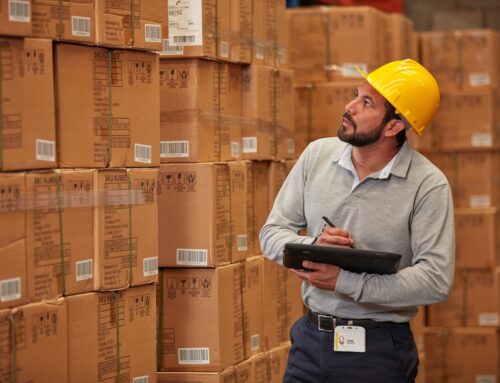
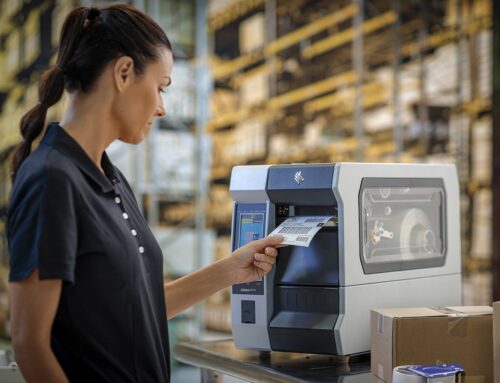
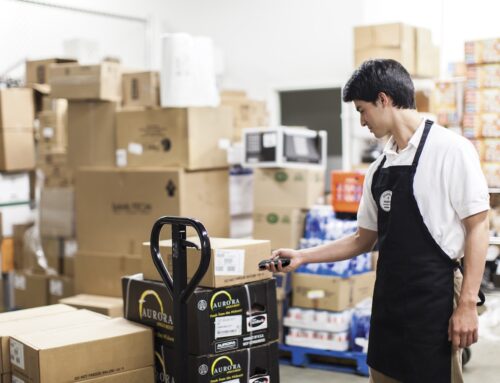
Leave A Comment
You must be logged in to post a comment.